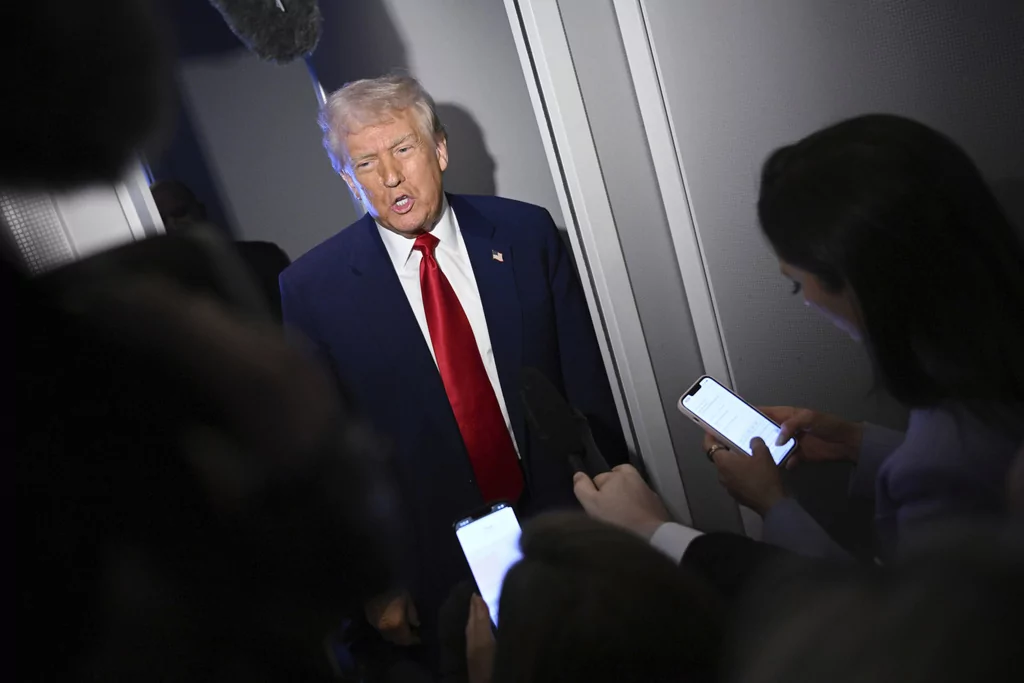A conservative legal group has filed the first federal lawsuit challenging an emergency power President Donald Trump used to impose tariffs on China.
On Thursday, the New Civil Liberties Alliance filed a complaint in the U.S. District Court for the Northern District of Florida against Trump’s tariffs on China. The president used authorities under the International Emergency Economic Powers Act to place a 10% tariff on imports from China on Feb. 1 and later doubled the number to 20% on March 3.
The NLCA’s lawsuit argued Trump unlawfully invoked IEEPA powers in an unprecedented manner that interpreted the law far too broadly.
“No prior president ever thought the IEEPA allowed him to set tariffs,” NLCA President Mark Chenoweth said. “Reading this law broadly enough to uphold the China tariff would transfer core legislative power. To avoid that nondelegation pitfall, the court must construe the statute consistent with nearly 50 years of unbroken practice and decide it does not permit tariff setting.”
IEEPA, enacted in 1977, allows the president to take certain actions, such as freezing assets or imposing sanctions, in response to national emergencies involving foreign threats. NCLA argues the statute contains no language permitting tariffs and was never intended to grant the president that kind of economic power.

The plaintiff is Simplified, a Pensacola, Florida-based company that imports materials from China to create planners and home organization products. The company says the tariff will significantly raise its costs, forcing it to either pass price increases on to customers or absorb losses.
Trump argued that China’s role in the fentanyl epidemic that has taken thousands of U.S. lives validated his use of the IEEPA’s emergency powers to incentivize Beijing to take more aggressive action to end the opioid crisis.
CHINESE EMBASSY ‘WAR’ WARNING SPURS STRONG TRUMP ADMINISTRATION DEFENSE OF TARIFFS
“I determined that the failure of the Government of the People’s Republic of China to act to blunt the sustained influx of synthetic opioids, including fentanyl, flowing from the PRC to the United States constituted an unusual and extraordinary threat, which has its source in substantial part outside the United States, to the national security, foreign policy, and economy of the United States,” he wrote.
Tariffs have emerged as a pillar of Trump’s negotiating strategy with foreign nations. On Wednesday, he rolled out “Liberation Day” tariffs on the vast majority of countries, earning him a rare symbolic rebuke from the Senate.














